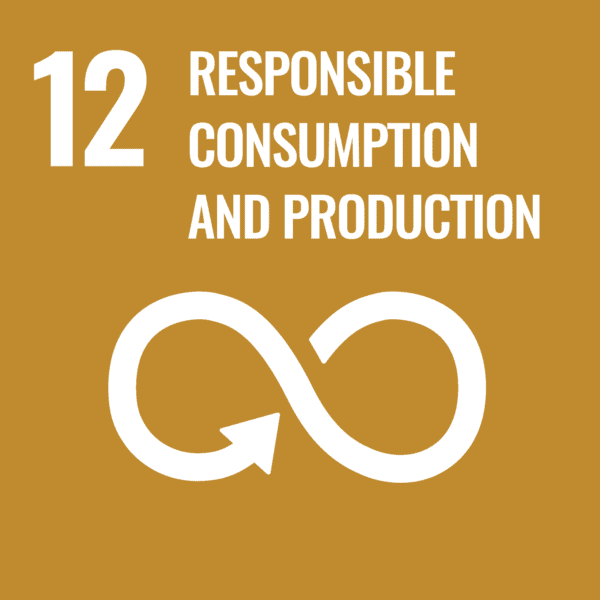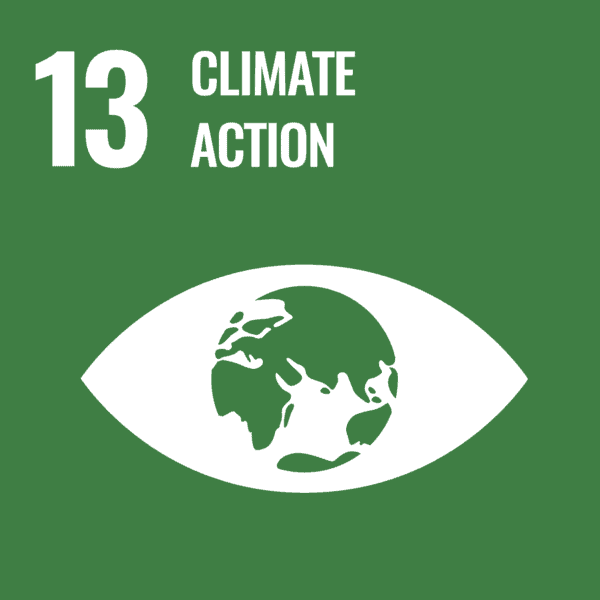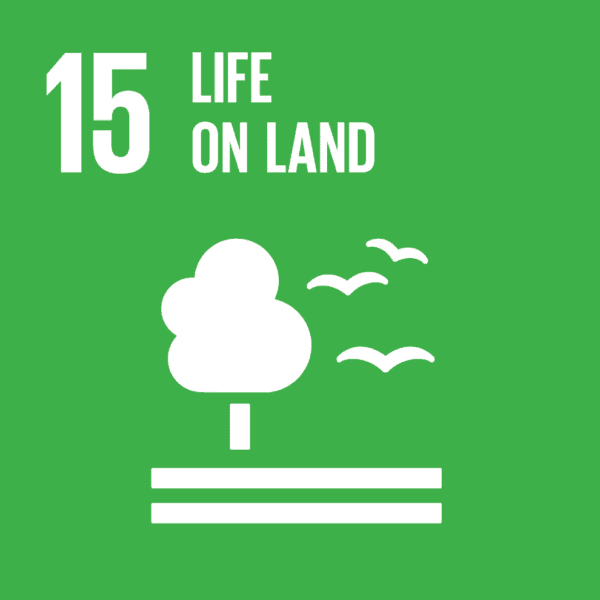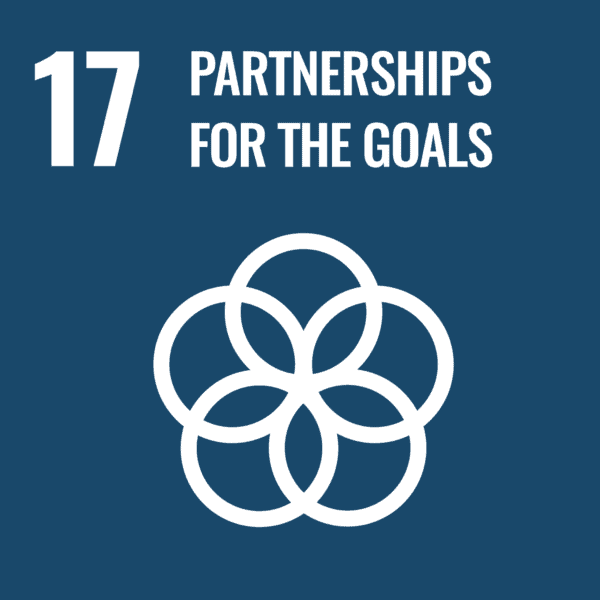Policy Analysis & Benchmarking
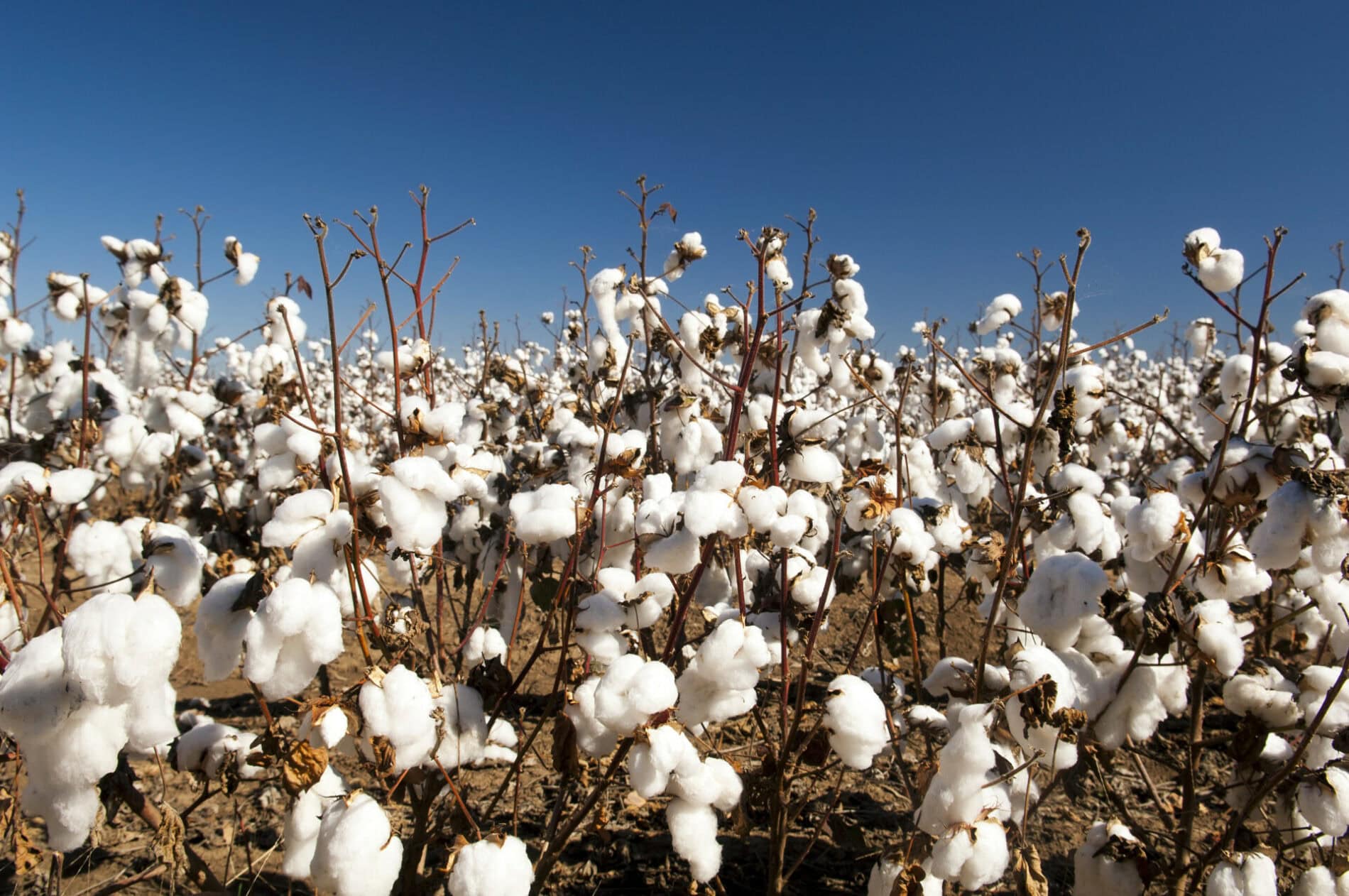
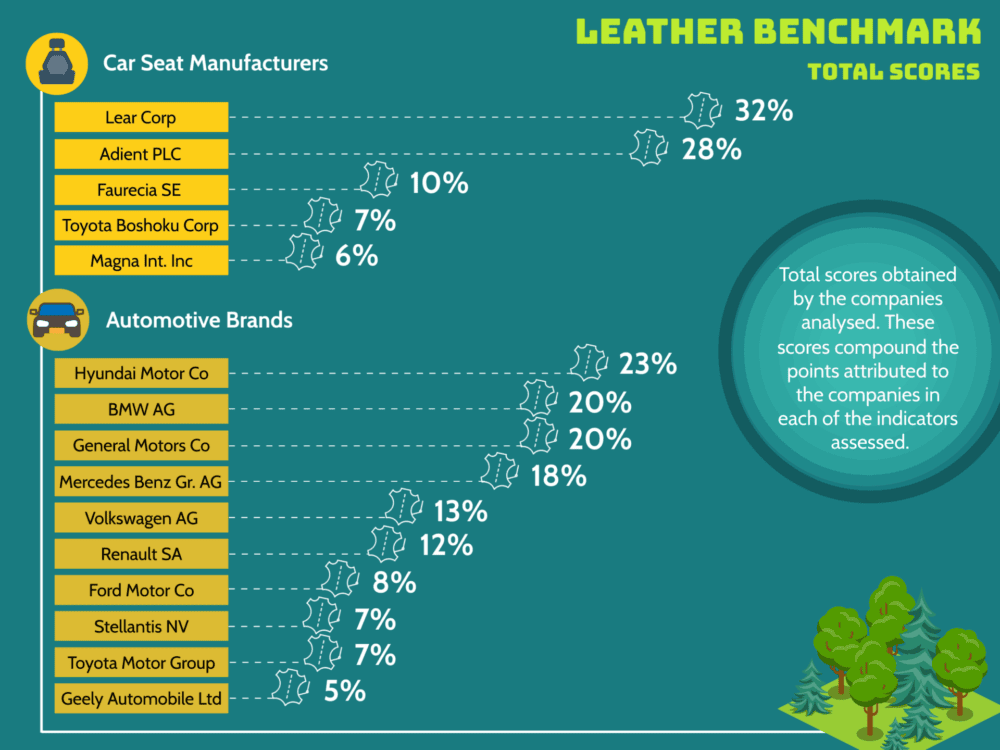
AidEnvironment develops benchmarking and comparative assessment studies on the policies, implementation, and disclosure practices by companies and similar actors operating in sectors linked to raw materials’ extraction and commodity production.
Several sectors have been late in making commitments and establishing sustainability and zero deforestation policies aimed at promoting responsible practices in commodity supply chains. For instance, only a few companies from the automotive sector acknowledge leather as a deforestation risk commodity even though Europe has been the destination market for one-third of the bovine leather produced in high-risk deforestation areas in Brazil. Benchmarks or scorecards are important instruments to identify best practices and remaining gaps. This allows to pressure laggard companies and industry sectors to take meaningful action towards the improvement of their socioenvironmental standards, while also facilitating a comparative analysis based on performance and outcomes.
AidEnvironment has in-house capacity and experience in developing benchmark studies linked to various sectors and raw material supply chains, including leather, minerals/metals, soy, beef, and cotton. This involves the assessment of policies/commitments and actions implemented by companies through indicators defined in relation to the risks and issues under scrutiny, such as deforestation, human rights issues, and/or biodiversity impacts, and following recognized standards and guidance on best practices.


